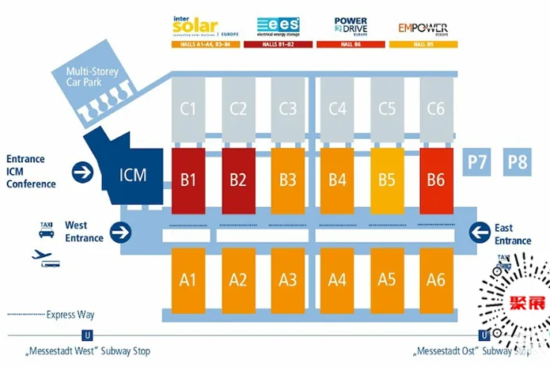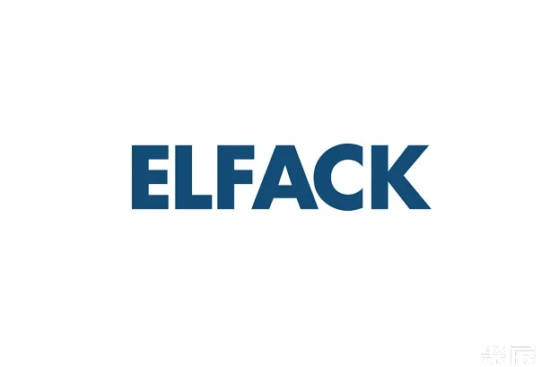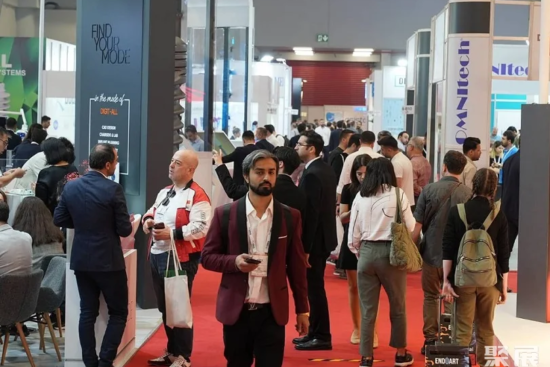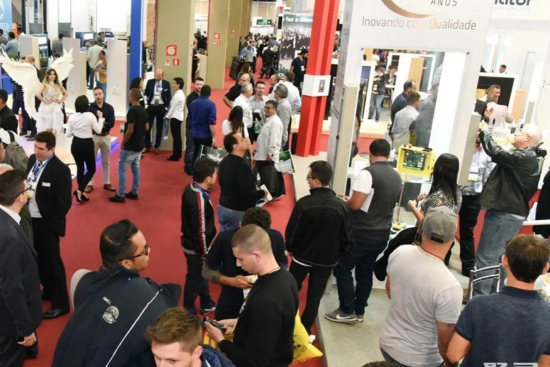
Unfortunately, the challenges highlighted by market survey respondents at last year’s conference have not gone away. Some of these issues, such as rising costs and budget constraints, have become more severe, putting even more pressure on an already stressful job. Planners have long topped several lists of the most stressful jobs, and the role was included in job site Indeed’s latest list this year. According to Indeed’s job description, “Event planners are responsible for organizing and overseeing all aspects of an event,” adding that planners “deliver events within strict deadlines and budgets. They must also oversee and direct a large number of events.”
But these heavy responsibilities have long been table stakes for event organizers. Indeed’s description only scratches the surface, lacking additional post-pandemic challenges such as soaring catering and audio-visual expenses and working with smaller internal and external staff, which often have not yet returned to pre-pandemic levels. Above all, there is a need to meet the growing expectations of participants for experiential and memorable events. Bottom line: higher expectations, higher costs, and a mismatched budget.
While interviewees from organizers of this year’s event expressed frustration that these challenges have persisted since the world returned to normal after the coronavirus shutdown, there was also a sense of resignation or acceptance of certain realities and a determination to continue – perhaps Because of the worst disruption the events industry has ever seen.
show determination
In the metrics most commonly associated with success, we’ve bounced back: Nearly half of event planner respondents said attendance at the largest in-person conferences in 2024 will exceed pre-pandemic engagement levels, with just one in five said attendance was down. That’s an improvement from last year, when only 40% said their attendance in 2023 was above pre-pandemic levels, and nearly 3 in 10 said attendance was down.
But last year, survey respondents were more optimistic about budget increases in 2024 to keep pace with rising costs and attendee expectations – 64% thought they would have more budget. Less than half of this year’s respondents expect growth in 2025. This may reflect planners being more realistic about fixed budgets and increasing costs, or more accustomed to working with them. Nearly two-fifths of respondents (39%) expect their budgets to remain unchanged in 2025, compared with just a quarter of planners in last year’s survey.
When it comes to taking steps to offset expenses, planners’ response shows how resourceful they are. Three out of five planners are sharpening their pencils and becoming more skilled negotiators, 55% are increasing sponsorship opportunities, and 53% are wisely eliminating events that generate fees but fail to deliver a return on investment element. Only about half passed the cost on to attendees through higher registration fees.
Humanity and Earth
However, dealing with these harsh financial realities does not force event organizers to ignore their greater responsibility to do better for their audiences and the environment. As companies scale back DEI initiatives, planners are doubling down on inclusion, diversity and accessibility. The majority (66%) of respondents prioritize DEI initiatives at their events, including intentionally hiring diverse suppliers, fine-tuning codes of conduct, selecting more diverse speakers and panelists, and participating in DEI committees to ensure They welcome and engage in inclusiveness for all.
 While other industry surveys suggest planners are deprioritizing sustainability given other challenges, responses to this year’s conference market survey suggest otherwise. Nearly twice as many (60% vs. 31% in last year’s survey) included sustainability requirements in their RFPs. One might say planners are passing environmental responsibility onto suppliers, but another data point shows they are also taking responsibility for their footprint: 42% of suppliers have increased sustainability reporting internally and/or to attendees , compared with 27% last year.
While other industry surveys suggest planners are deprioritizing sustainability given other challenges, responses to this year’s conference market survey suggest otherwise. Nearly twice as many (60% vs. 31% in last year’s survey) included sustainability requirements in their RFPs. One might say planners are passing environmental responsibility onto suppliers, but another data point shows they are also taking responsibility for their footprint: 42% of suppliers have increased sustainability reporting internally and/or to attendees , compared with 27% last year.
Are planners more or less anxious about the future? This is a difficult decision. Reactions were mixed. Some are excited about the opportunities AI brings to their roles and the industry as a whole, while others are concerned about its explosive growth and lack of regulation. Many planners say they worry about the impact major events such as the U.S. election, war, inflation and climate change will have on their own events, industries and society. One planner explained why more than half of respondents said they were both excited and worried about what lies ahead: “The unknown is exciting but scary.”
31st Conference Market Research
You can find the results of this year’s conference market research in written and graphical form online in our November digital edition.
Magdalena Atanasova conveneDigital media editor. Michelle Russell is conveneEditor-in-Chief. We use ChatGPT to conduct some investigative analysis. Cover and other illustrations by Julie Murphy.











Leave a Reply Cancel reply
You must be logged in to post a comment.